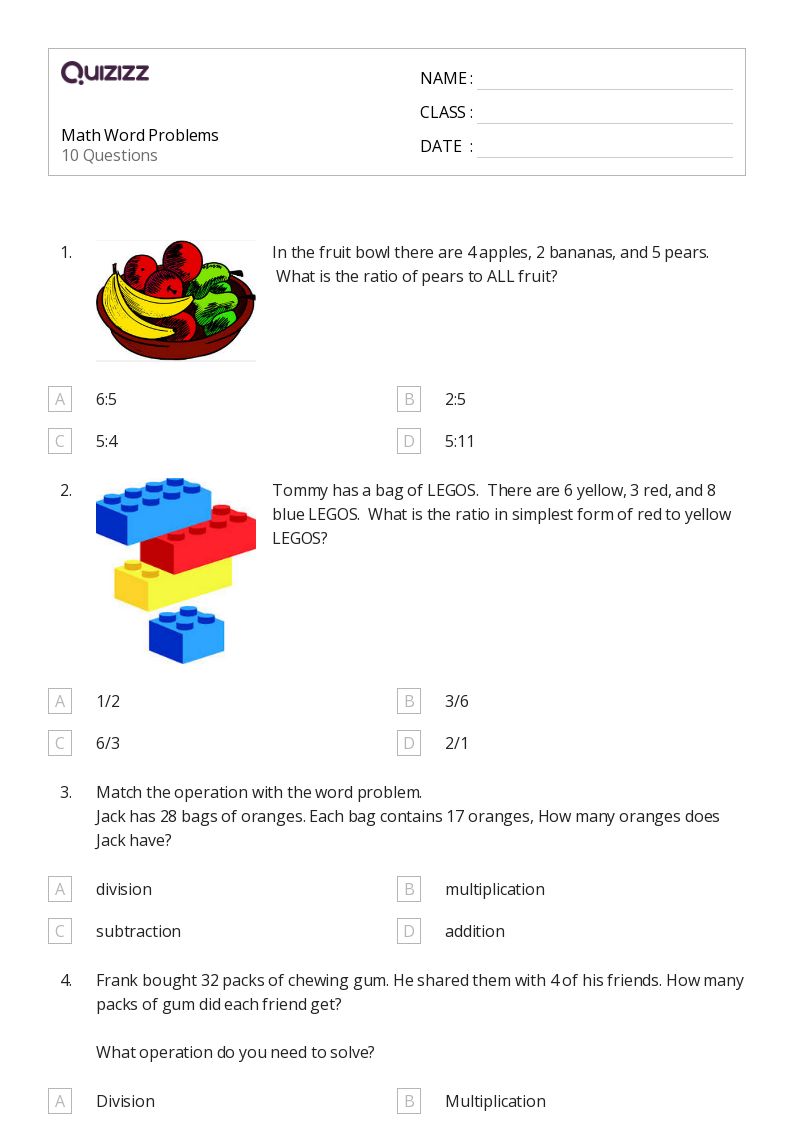Unlocking Math Magic: Engaging Story Problems for Kids
Have you ever seen a child's eyes light up when a story comes to life? Now imagine that same spark ignited while learning math. That's the magic of fun math story problems! They transform abstract concepts into exciting adventures, making learning both enjoyable and effective.
Fun math story problems, also known as mathematical word problems or narrative math problems, weave mathematical concepts into engaging narratives. Instead of simply presenting an equation, they pose a challenge within a story, encouraging children to apply their math skills in a meaningful context. This approach moves beyond rote memorization and helps children understand the practical applications of math in everyday life.
The use of storytelling in education has ancient roots, dating back to oral traditions and fables used to impart knowledge and values. As mathematics developed, story problems emerged as a way to connect abstract concepts to real-world situations. From ancient Egyptian papyri containing practical math problems to medieval merchant calculations, these problems have played a vital role in making mathematics accessible and relevant. Today, with an emphasis on problem-solving and critical thinking, fun math story problems remain a cornerstone of effective math education.
One of the primary issues surrounding math education is the disconnect students often feel between the concepts they learn and their real-world applications. Fun math story problems bridge this gap by presenting math in a relatable and engaging way. They provide context, demonstrating how math is used in everyday situations, from calculating the cost of groceries to measuring ingredients for a recipe.
For instance, a simple story problem might be: "If Sarah has 5 apples and she gives 2 to her friend, how many apples does she have left?" This simple narrative provides a context for subtraction, making the concept more tangible for young learners. Another example could be: "If Tom wants to buy a toy that costs $10, and he has saved $3, how much more money does he need?" This introduces the concept of financial planning and goal setting, infused with a basic math problem.
One significant benefit of using fun math story problems is increased engagement. When math is presented within a narrative, it captures children's attention and sparks their curiosity. This heightened engagement leads to better retention of information and a more positive attitude towards math.
Another advantage is the development of problem-solving skills. Story problems require children to analyze the information presented, identify the relevant mathematical concepts, and devise a solution strategy. This process strengthens their analytical thinking and improves their ability to approach complex problems systematically.
Furthermore, fun math story problems enhance creativity and imagination. They encourage children to visualize the scenario, connect with the characters, and think outside the box to find solutions. This fosters a love for learning and encourages them to see math as a creative tool rather than a daunting subject.
An action plan for incorporating fun math story problems could involve starting with simple narratives related to the child's interests and gradually increasing the complexity. Resources like age-appropriate math workbooks, online educational platforms, and interactive math games can be valuable tools. Successful implementation involves creating a supportive and encouraging learning environment where children feel comfortable exploring and experimenting with math concepts.
Advantages and Disadvantages of Fun Math Story Problems
| Advantages | Disadvantages |
|---|---|
| Increased engagement | Can be time-consuming to create |
| Improved problem-solving skills | May require higher reading comprehension skills |
| Enhanced creativity | Potential for misinterpretation of the problem |
Five real-world examples: Calculating recipe ingredients, determining travel time based on distance and speed, figuring out discounts at a store, managing a weekly allowance, and planning a garden layout.
Five challenges and solutions: Difficulty understanding the problem (solution: break down the problem into smaller parts), Lack of relevant information (solution: encourage critical thinking and estimation), Complex calculations (solution: use visual aids and manipulatives), Fear of making mistakes (solution: create a safe learning environment), and Lack of interest (solution: personalize problems based on the child's interests).
FAQs: What are fun math story problems? How can I make math story problems engaging? Where can I find resources for math story problems? Are there different types of math story problems? How do I adapt story problems for different age groups? What are the benefits of using math story problems? How can I assess student understanding through story problems? What are some common mistakes students make with story problems?
Tips and tricks: Relate problems to real-world scenarios, Use visual aids and manipulatives, Encourage collaboration and discussion, Incorporate games and interactive activities, and Provide positive feedback and encouragement.
In conclusion, fun math story problems offer a powerful approach to making math learning both engaging and effective. By weaving mathematical concepts into compelling narratives, these problems breathe life into abstract ideas and demonstrate their practical relevance. From boosting problem-solving skills and fostering creativity to cultivating a positive attitude towards math, the benefits of fun math story problems are undeniable. They transform math from a daunting subject into an exciting adventure, empowering children to embrace the magic of numbers and unlock their full mathematical potential. So, let's embark on this mathematical journey together, weaving stories, solving problems, and inspiring a lifelong love for learning.
Luffy and zoro matching pfp funny the ultimate guide
Decoding oil filter cross references your guide to finding the perfect fit
Zelle logo white png your guide to digital branding














